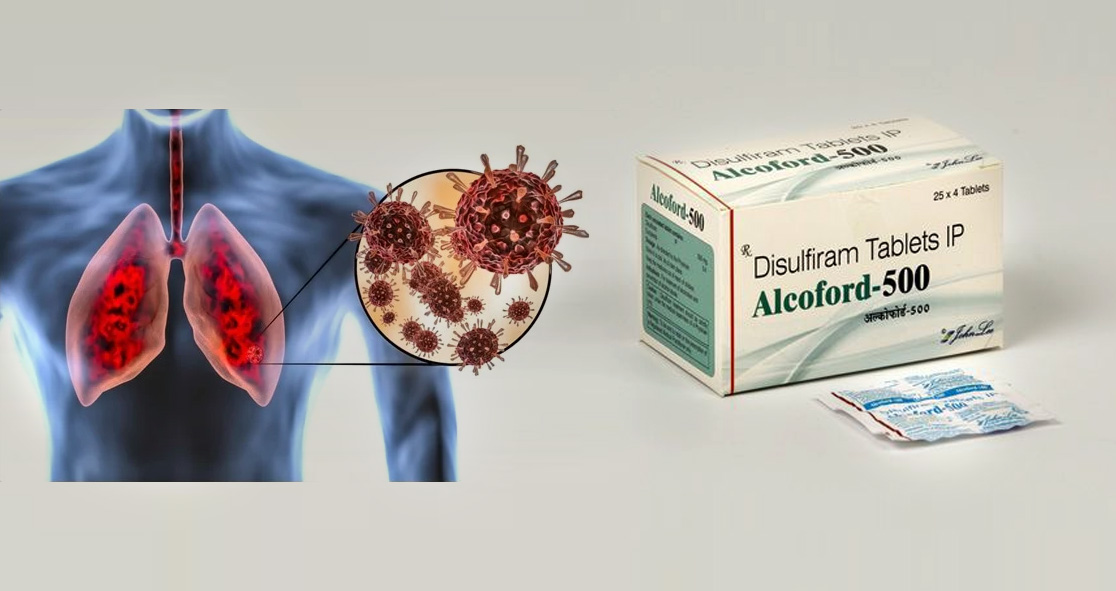A preclinical study by researchers at Weill Cornell Medicine and Cold Spring Harbor Laboratory has found that the old FDA-approved drug disulfiram may protect against lung injury and the risk of blood clots in severe COVID illness, according to Science Daily.
The study, published Tuesday in JCI Insight, found that disulfiram protected rodents from immune-mediated lung injury caused by SARS-CoV-2 coronavirus infection and by a lung failure syndrome called TRALI, which rarely occurs after blood transfusion.
Senior co-author Dr. Robert Schwartz said, “As we learn more about the underlying biology of these lung injuries, we may be able to specifically target the processes that are damaging the lung tissue.”
In both types of lung injury, the immune cells form web-like structures known as neutrophil extracellular traps (NETs). Although NETs can kill infectious organisms, they can cause harm to lung tissue and blood vessels. This leads to the accumulation of fluid in the lungs (pulmonary edema) and the development of blood clots.
Disulfiram, which was approved by the FDA for the treatment of chronic alcoholism in 1949, blocks one of the steps in the formation of NETs.
In 2020, some experts found that disulfiram also inhibits part of the inflammatory process that can lead to the NET formation, which prompted the testing of the drug as a NET blocker.
Co-lead author Dr. Mikala Egeblad said, “NETs will damage the tissue, but since disulfiram interferes with gasdermin D, a molecule needed to produce NETs, no NETs are formed after disulfiram treatment.”
In a mouse model of TRALI, the researchers found disulfiram treatment allowed 95% of the animals to survive, suggesting that the drug blocked the progressive damage to lung tissue and vessels by reducing NET formation. And in doing so, the drug allowed lung function to stabilize and recover quickly after the initial damage.
Earlier autopsy studies, published in the Journal of Experimental Medicine, found that NETs were present in patients with severe COVID-19 infection.
Dr. Schwartz said, “Currently there aren’t any good treatment options for COVID-related lung injury, so disulfiram appears to be worth investigating further in this regard, particularly in severe COVID-19 patients.”
The researchers then tested disulfiram in a golden hamster model of COVID-19. They found that the drug led to clearly favorable outcomes – less NET formation and less fibrosis (scar-like tissue formation) in the lungs.
Disulfiram also led to gene activity changes that suggest a significant reduction in the inflammatory response without impairment of antiviral immunity.
Dr. Schwartz explained, “Disulfiram’s strong inhibitory effect on the NET formation and its improvement of disease outcomes in different rodent models highlight the potential for its use and for the future development of even better inhibitors of NET formation in a variety of diseases.”
Other scientists have been conducting small human trials of disulfiram in COVID-19 patients. However, the results of those trials have not yet been published, according to Dr. Schwartz.























